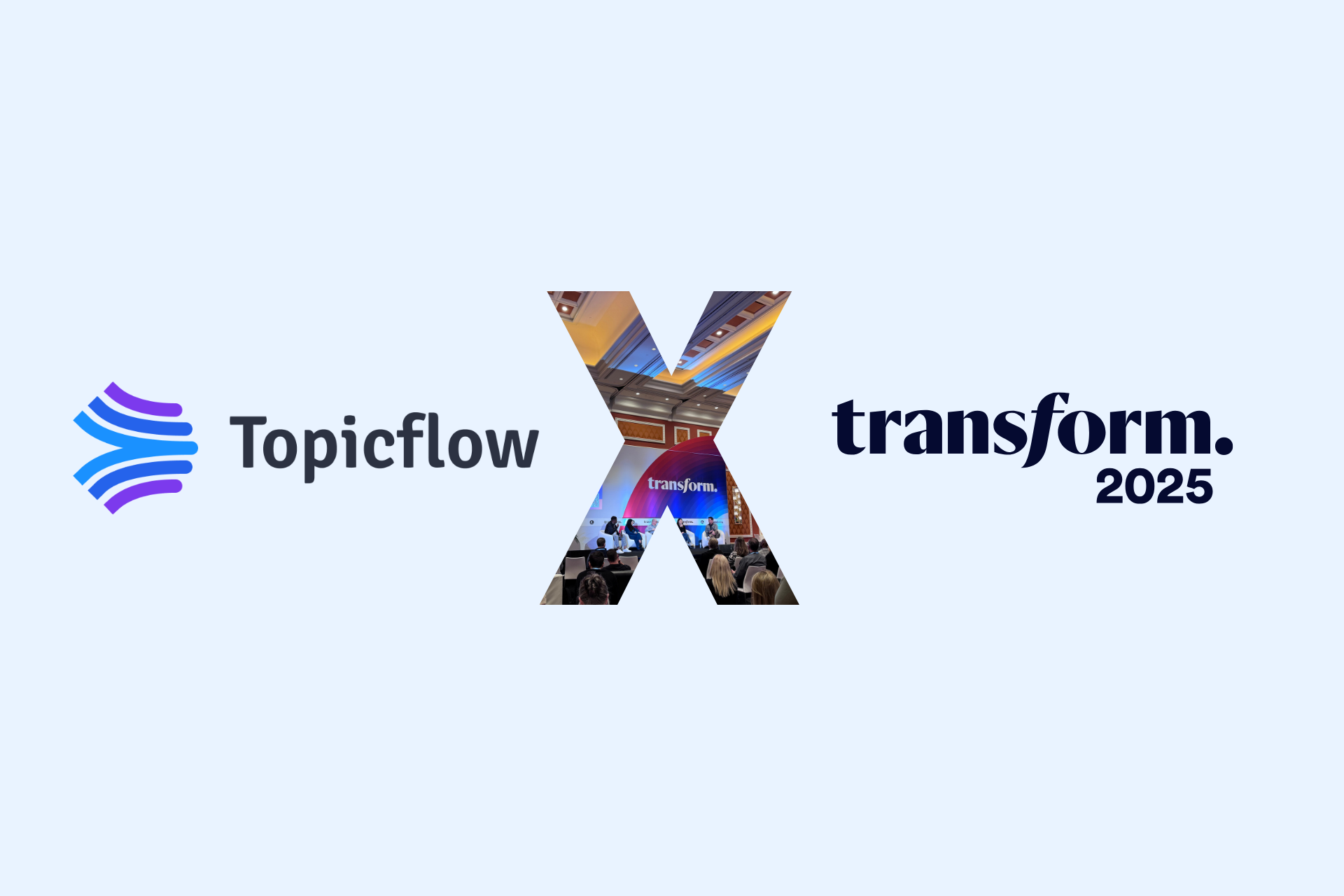In the modern workplace, the role of managers transcends beyond mere supervision to act as catalysts for team success and organizational growth. But, how do we gauge the effectiveness of our managers? Inspired by insights from leadership expert Libby Stewart and equipped with best practices from across the industry, this blog post offers a comprehensive guide to crafting a robust process for measuring manager effectiveness.
Introduction
Imagine a world where every manager knows precisely what to do to help their team excel. Sounds ideal, right? Achieving this starts with understanding and measuring manager effectiveness. But it's not just about the outcomes; it's about the journey there. Let's dive into how we can measure and enhance managerial effectiveness, making it an exciting adventure rather than a mundane task.
What Makes a Manager Effective?
Let's define what makes a manager truly effective:
- Outcome-Oriented: They achieve and exceed goals consistently.
- Behavior-Driven: Their approach and actions lead to positive outcomes.
- Engagement-Focused: They set ambitious goals and foster an environment of growth and feedback.
- Adaptable: They listen, learn, and evolve their style to meet team needs.
Measuring Manager Effectiveness: The Compass for Success
Outcomes and Goals
Start with the end in mind. Define clear, measurable goals and outcomes that align with your organization's vision. But remember, it's not just about what is achieved but how it's achieved.
Behavioral Assessment
Actions speak louder than words. Evaluate the behaviors and practices that lead to success. Are your managers setting the bar high, elevating their team, and engaging in continuous improvement practices?
Ideally running frequent Manager Effectiveness assessments to gather feedback more often, which allows for more rapid implementation.
Engagement and Development
A two-way street of growth. Encourage managers to engage in activities that promote team
development and personal growth. Regular one-on-ones, feedback sessions, and setting stretch goals are golden practices here.
Feedback and Adaptation
The mirror for growth. Implement a structured feedback mechanism to help managers refine their approach, adapt their style, and develop the soft skills necessary for effective leadership.
Viewing these metrics at a global level in some form of a chat, can make a world of difference in understanding gaps and strengths.
Tip: Have a look at an example of how you can identify key manager metrics with Topicflow.

Let’s Dive into the Specific Metrics
Metrics to track your Managers by:
- Team Goal Achievement
- Employee Engagement
- Retention Rates
- Team Skill Development
- Project Success
- Leadership Competencies
Areas that take things a step further and tie effectiveness directly to company performance:
- Strategic Goal Achievement
- Financial Performance Impact
- Operational Efficiency Gains
- Innovation Contributions
- Market Share Growth
- Customer Satisfaction Improvement
- Employee Skill Advancement
The real key here is to keep this lightweight and do it often. This way, you’re managers gain the feedback they need in real time. Allowing them to implement and be better for it immediately.
Strategies for Enhancing Manager Effectiveness
Setting Stretch Goals
Encourage your managers to aim high. Stretch goals not only push teams out of their comfort zones but also inspire innovation and creativity.
- Identify Growth Areas: Focus on key skills or projects where your team can significantly improve or innovate.
- OKRs/SMART: Goals should be ambitious yet achievable, with clear metrics for success.
- Break Down into Steps: Divide each stretch goal into smaller, manageable tasks to maintain momentum.
- Support and Recognize Efforts: Provide the necessary resources and celebrate milestones to encourage progress.
Regular One-on-Ones & Consistent Structured Team Meetings
Communication is key. Regular one-on-one meetings between managers and their team members are crucial for setting expectations, providing feedback, and fostering a supportive environment.
One-on-Ones:
- Schedule Regularly: Set a consistent frequency to signal the importance of individual development.
- Prepare and Personalize: Both manager and team member should come prepared with topics.
- Tailor discussions to individual needs and goals.
- Follow Up: Implement agreed-upon actions to demonstrate commitment to personal growth.
Team Meetings:
- Establish Objectives: Clearly define the purpose of each meeting to keep discussions focused and productive.
- Encourage Participation: Ensure all team members have a voice, fostering a collaborative atmosphere.
- Document Actions: Share agendas and minutes to keep everyone aligned and accountable.
Integrating daily tasks into one-on-ones with team meetings creates a balanced approach to leadership. This strategy ensures individual concerns inform team dynamics, aligning personal development with collective goals.
In Topicflow, pulling action items, goals or KPIs directly into one-on-ones and team meetings provides a much more tactical approach to every meeting.

Empowering with Technology
In today's fast-paced work environment, leveraging technology effectively is essential for managerial success, particularly in remote or hybrid settings. Here’s a concise action plan:
- Adopt Collaborative Platforms: Use platforms like Slack or Microsoft Teams to enhance team communication and collaboration, creating channels for specific projects or discussions.
- Leverage Project Management Tools: Integrate software like Asana or Jira to streamline task assignments, progress tracking, and deadline management.
- Implement Performance Tracking Tools: Use Topicflow for goal tracking, continuous feedback, and rapid assessments. Topicflow provides meeting tools that are integrated directly into your teams daily tools. Enabling managers to align on expectations.
- Tech Tool Training: Beyond tool provision, offer targeted training sessions to maximize technology utility, from project management software optimization to data analytics proficiency.
Practical Professional Development
Evolving beyond conventional training methods means embedding professional development into the managerial workflow for real-world impact:
- Tailored Learning Paths: Design learning programs specific to each manager's needs and career ambitions, such as conflict resolution or leadership skills, incorporating courses, coaching, and relevant reading materials.
- Microlearning: Implement concise, targeted training sessions that fit into daily routines, covering key skills like feedback delivery, delegation, or time management.
- Hands-on Projects: Encourage the application of new skills through leadership on pilot projects, facilitating experiential learning and skill reinforcement.
- Peer Learning Groups: Establish forums for managers to exchange insights, tackle challenges, and collaboratively find solutions, enhancing collective learning.
- Feedback Integration: Prioritize feedback in development processes, using it to refine approaches and skills post-implementation, supported by regular review sessions.
The Do's and Don'ts of Measuring Manager Effectiveness
Do:
- Incentivize Positive Behaviors: Reward managers for engaging in practices that lead to growth and success.
- Use a Variety of Metrics: Combine quantitative outcomes with qualitative assessments for a holistic view.
- Foster a Culture of Continuous Improvement: Make learning and development an ongoing journey for your managers.
Don't:
- Overemphasize Outcomes: Remember, the end doesn't always justify the means. How goals are achieved is equally important.
- Neglect Soft Skills: Effective communication, empathy, and adaptability are crucial for managerial success.
- Underestimate the Power of Feedback: Both giving and receiving feedback are essential for growth. Encourage an open feedback culture.
Conclusion: Crafting Your Map to Managerial Excellence
Measuring manager effectiveness is not a one-size-fits-all endeavor. It requires a tailored approach that aligns with your organizational values and goals. By focusing on outcomes, behaviors, engagement, and continuous feedback, you can create a strong foundation for managerial success. Remember, the goal is to make this process as engaging and actionable as possible, transforming the way managers lead and teams thrive.
As you embark on this journey, keep in mind that measuring and enhancing manager effectiveness is an ongoing adventure. It's about setting the course, navigating the challenges, and celebrating the victories along the way.
Looking to improve the impact of your managers?
Topicflow is a game-changer in elevating manager effectiveness, merging rapid assessments with goal alignment and tracking tools to provide managers with instant feedback for swift improvement.
This powerful combination not only helps managers refine their skills but also offers leadership teams insight into managerial skill gaps, ensuring team objectives are seamlessly aligned with overarching company goals for strategic advancement.



